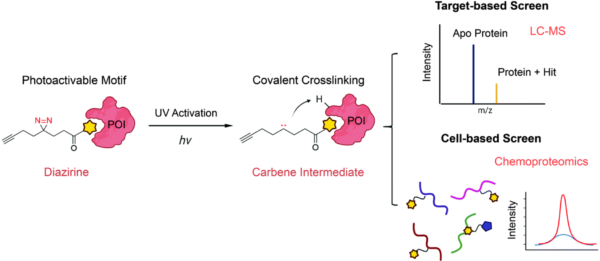Introduction:
The retinoic acid receptor-related orphan receptor gamma (RORγ) is a key transcription factor that plays a crucial role in regulating immune system function and inflammation. With the emergence of RORγ as a potential therapeutic target, the development of RORγ libraries has gained significant attention in the field of drug discovery. In this blog post, we will explore the significance of RORγ libraries and highlight key points about their functions, applications in immune-mediated diseases, and the potential to accelerate drug discovery.
Understanding RORγ Libraries:
Screening Tool for Drug Discovery:
RORγ libraries consist of diverse small molecules or compounds that are specifically designed or selected for their ability to modulate RORγ activity. These libraries serve as valuable screening tools for identifying novel compounds that can target RORγ and inhibit or modulate its function. By screening these libraries, researchers can accelerate the discovery of potential therapeutic agents.
Modulating Immune-Mediated Diseases:
RORγ has been implicated in various immune-mediated diseases, such as autoimmune diseases (e.g., rheumatoid arthritis, psoriasis) and inflammatory bowel disease. RORγ libraries provide a platform to identify lead compounds that can selectively target RORγ and potentially suppress the immune response. Modulating RORγ activity has the potential to provide new treatment options for patients suffering from these conditions.
Investigating Pathways and Molecular Interactions:
RORγ libraries also enable researchers to study the underlying pathways and molecular interactions involved in RORγ-mediated immune regulation. Through high-throughput screening, compounds from the library can be tested against different cellular assays to decipher the mechanisms by which RORγ influences immune responses. This knowledge can help researchers gain a deeper understanding of the complex immune system and guide the development of targeted therapies.
Synergistic Approaches and Combination Therapies:
Another promising aspect of RORγ libraries is their potential to be used in combination with other therapeutics. By screening the libraries alongside known drugs or investigational compounds, researchers can identify synergistic effects and develop combination therapies that target multiple pathways involved in immune-mediated diseases. This approach has the potential to improve treatment outcomes and overcome mechanisms of drug resistance.
Future Perspectives:
As research on RORγ and immune-mediated diseases continues to advance, the development of RORγ libraries will play a significant role in drug discovery efforts. Continued optimization of library designs, the inclusion of diverse compound collections, and the application of advanced screening technologies will further enhance the potential of these libraries in accelerating drug discovery and improving patient outcomes.
Conclusion:
RORγ libraries have emerged as valuable tools in drug discovery efforts targeting immune-mediated diseases. These libraries enable the identification of lead compounds for modulating RORγ activity, leading to the development of potential therapeutics. The ability to investigate pathways, identify molecular interactions, and explore combination therapies enhances our understanding and treatment options for immune-mediated diseases. As the field of RORγ research expands, the future holds promising possibilities for the development of novel therapies that can alleviate the burden of immune-related disorders.
#rorylibraries

